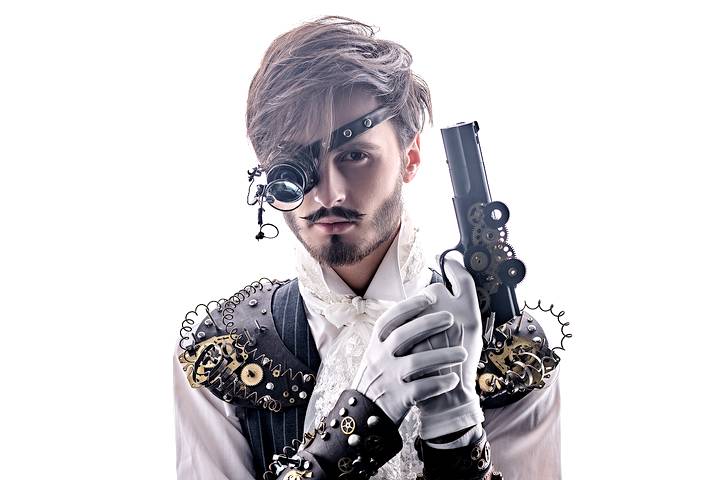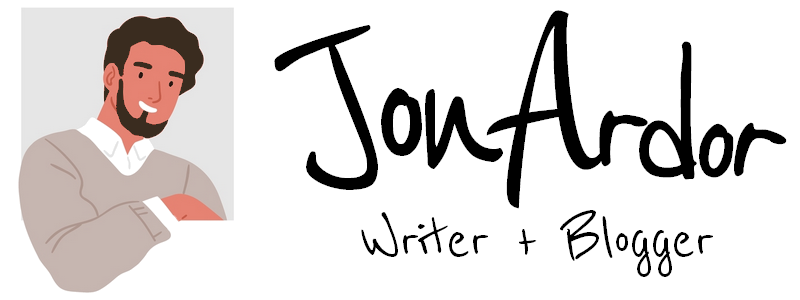8 Common Characteristics of an Epic Hero

Epic heroes are well-known in literature and folklore for their outstanding accomplishments and noble traits. They go on fantastic journeys, tackling challenging obstacles and enemies, often to achieve a noble aim or to rescue their people. These heroes grab readers’ attention with their bravery, persistence, and strong sense of honour. Be it the courage of Beowulf, the cleverness of Odysseus, or King Arthur’s selflessness, epic heroes set an example for many generations.
These heroes are admired for demonstrating admirable qualities, offering readers examples of determination and honour. Epic heroes’ tales guide our moral direction. They teach us the importance of courage, putting others first, and standing up for justice.
An epic hero must possess extraordinary strength, intellect or skill that stands out from ordinary people. They confront supernatural powers or overcome extreme hardships to showcase their exceptional abilities. In addition, epic heroes should be driven by a sense of duty, principles or a wish to protect and aid their people. Their experiences usually include a grand adventure filled with tests and difficulties where they demonstrate their worthiness and perseverance.
Characteristic #1: Exceptional strength or skill
Epic heroes display remarkable strength or skill, making them extraordinary compared to regular people. They may possess exceptional physical abilities, cleverness, or mastery of a specialized skill like archery. In the same way a superhero saves people with special powers, epic heroes use this unique trait to overcome challenges and foes during their quests.
Take Hercules from Greek mythology as an example. His immense strength allowed him to achieve seemingly impossible tasks like defeating the Nemean Lion, capturing the Erymanthian Boar, and cleaning the Augean stables in just one day. Hercules’ incredible power made him a revered hero, showcasing how this trait helps epic heroes accomplish unbelievable feats.
Characteristic #2: Unwavering determination
Epic heroes also have unwavering determination, committing to their goals despite challenging situations. They have an unyielding will to succeed no matter how hard their journey becomes. This mental and emotional toughness keeps them embarking on dangerous quests while enduring setbacks. It’s as if they have a tireless spirit guiding them along their heroic journey.
What sets epic heroes apart is the unshakable resolve that drives them to battle fearsome creatures, explore risky landscapes, and face powerful adversaries. It’s like an unstoppable fire in their hearts that fuels their dedication. This trait highlights the hero’s determination as more powerful than any obstacle or temptation they face.
Characteristic #3: Courage and valour
Protecting and serving others requires fearlessness. These epic heroes don’t avoid battling strong enemies or taking on risky missions, displaying exemplary bravery and honour. Courage and valour are essential for epic heroes because they inspire people, setting examples of selflessness and moral strength that make them stand out as heroic figures.
Think of Beowulf, an Old English hero. Beowulf showed immense courage and valour when he fought Grendel and later faced a fierce dragon. His bravery in these fights highlighted his unwavering determination to safeguard his people, even when things seemed impossible. Courage and valour shaped Beowulf’s image as an epic hero, stressing his readiness to face seemingly unbeatable foes for the greater good.
Characteristic #4: Noble lineage or destiny
Noble lineage or destiny relates to an epic hero’s unique background or significant fate that sets them apart from regular people. Typically, they’re born into royal or prominent families, with prophecies or legends predicting their vital roles in shaping the world. This trait helps set up epic heroes as larger-than-life characters with unique purposes, adding elements of fate or destiny to their adventures.
In epic stories like the Arthurian legends, King Arthur’s noble background as King Uther Pendragon’s son and his fate to become Britain’s once and future king take centre stage in his depiction. His lineage and destiny add grandeur and importance around him, underlining that he’s meant to bring success and unity to his people. Noble heritage or destiny often motivates the epic hero to fulfill their set role, making their journey and accomplishments all the more memorable.
Characteristic #5: Selflessness and a sense of duty
Epic heroes exhibit selflessness and a strong sense of duty, putting others’ needs before their own and showing dedication to their responsibilities. They are motivated by a profound moral obligation and the desire to safeguard their people or champion a higher cause.
These traits make epic heroes praiseworthy, as they reveal true compassion for others’ welfare and the readiness to make individual sacrifices for the greater good. This inner compass directs them towards kindness, sacrifice, and service.
Characteristic #6: Wisdom and intelligence
Wisdom and intelligence are other essential attributes of epic heroes, signifying their ability to sound decision-making, sharp perception, and skillful problem-solving. These heroes have a vast understanding of the world, allowing them to handle complicated situations with intellect and strategic thought.
In epic hero stories, wisdom and intelligence grant heroes the ability to outwit adversaries, comprehend their missions’ deeper significance, and decide for the betterment of themselves, their people, or even the entire world. These epic hero characteristics make them excellent leaders and adventurers, guiding them through critical decisions.
Merlin from Arthurian legends, although not an epic hero himself, exemplifies wisdom and intelligence. Serving as King Arthur’s mentor and advisor, Merlin possesses deep knowledge of magic, strategy, and human nature. His wisdom allows him to support Arthur in governing a kingdom while confronting magical foes.
Characteristic #7: Resilience in the face of adversity
Resilience is about bouncing back from tough situations and overcoming challenges. Epic heroes must be resilient because their adventures have many trials and struggles. This quality helps them push through formidable obstacles and encourages others with their never-give-up attitude.
Take Frodo Baggins from The Lord of the Rings as an example. Frodo’s resilience shines as he carries the heavy burden of the One Ring through dangerous lands, fighting against Sauron. He faces enormous challenges and the powerful allure of the Ring, but he keeps moving to Mount Doom. His resilience helps him stay strong when others fall, revealing how imperative this trait is for epic heroes. It shows that a hero’s willpower can lead to victory even in dark times.
Characteristic #8: A heroic quest or journey
Epic hero stories feature big adventures or missions at the heart of the tale. This adventure often includes unique goals like beating evil, finding a lost item, or defending a kingdom. The hero starts this journey for a significant reason, making it a core part of their character. Epic heroes’ journey is the foundation for their stories, setting the stage for their brave deeds.
This journey lets heroes grow, show off their positive qualities, and face challenges within themselves and the world around them. It’s about facing dangers outside and overcoming personal fears and doubts. Throughout their adventures, epic heroes display virtues such as courage, persistence, and self-sacrifice while tackling obstacles and enemies. This part of an epic hero’s tale is vital because it reveals their transformation and the difference they make in their world.
